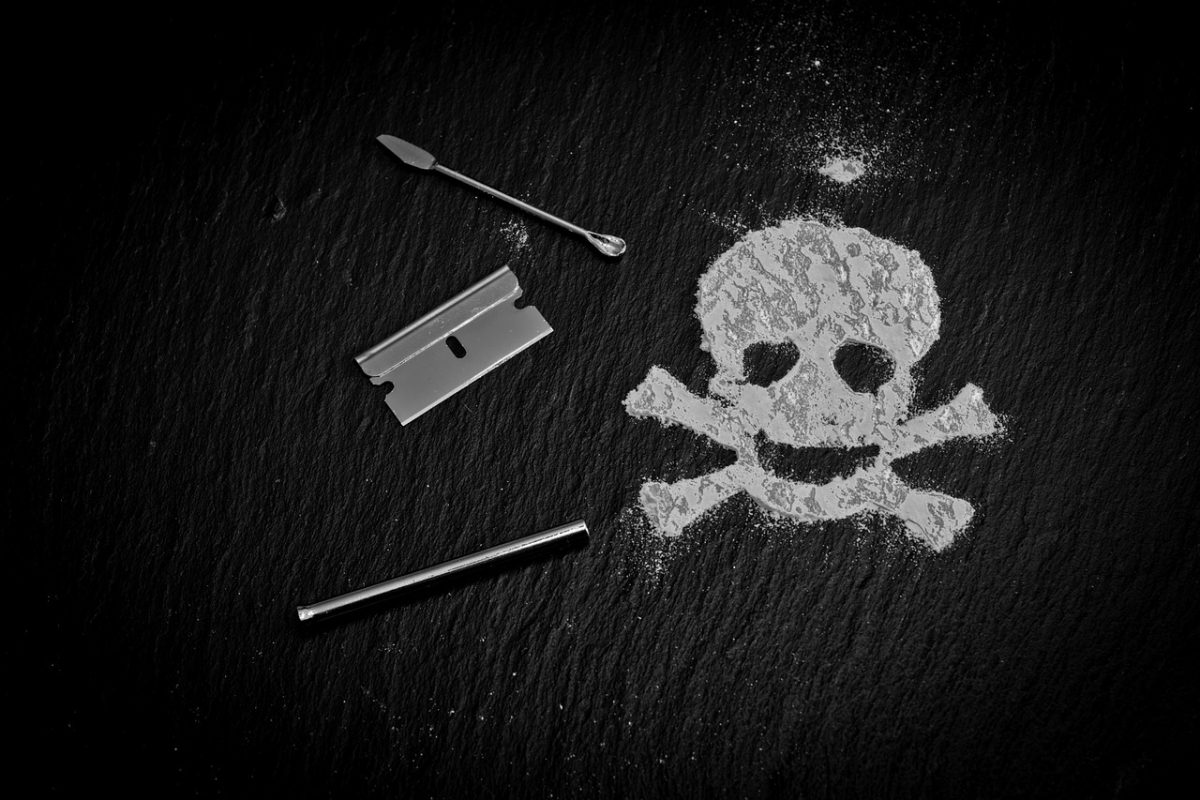
Addiction and Substance Abuse Definition
This is a chronic and complex condition characterized by compulsive drug use that leads to significant disruptions in daily living. Most people take drugs for the first time voluntarily. Although, substance abuse and addiction occur when the drugs or alcohol begin to control over one’s life. Many substance addicts seek the drugs, despite the tremendous problems which are caused for themselves and their families. Addiction is a disorder that affects on brain and behavior. The term of drug addiction is not only about heroin, cocaine or other illegal drugs, but also, it is used for alcohol, nicotine, opioid painkillers, sleep and anti-anxiety medications and other legal substances.
Drug abuse is when you use legal or illegal substances in ways you shouldn’t. While, addiction is when you can not stop the substance use.
The Effect of Addiction on Brain
Most drugs affect the brain's "reward circuit" through causing euphoria as well as flooding the brain with the chemical messenger dopamine. Surges of dopamine in the reward circuit cause the reinforcement of pleasure; but unhealthy behaviors like taking drugs, leading people to repeat the behavior again and again. As a person continues to use drugs, the brain adapts by reducing the ability of cells in the reward circuit to respond to it.
Long-term use causes changes in other brain chemical systems and circuits; as well as, affecting on the brain functions including
-
learning
-
judgment
-
decision-making
-
stress
-
memory
-
behavior
Addiction and Substance Abuse Symptoms
-
Spending a lot of time alone
-
Losing interest
-
Being really tired and sad
-
Eating more or less than usual
-
Being in a bad mood
-
Rapid mood swings
-
Missing important appointments
-
Having problems at work or at school
Addiction and Substance Abuse Treatment
People can’t simply stop using drugs for a few days and be cured quickly. Most patients need long-term or repeated care to stop using completely and recover their lives.
Drug addiction treatment can include
-
Detoxification
-
Medications
For tobacco: A nicotine patch, spray, gum or lozenge and bupropion or varenicline
For pioids: Methadone, buprenorphine and naltrexone
For alcohol: Naltrexone, acamprosate and disulfiram -
Behavioral therapies
Cognitive-behavioral therapy
Multi-dimensional family therapy
Motivational interviewing
Motivational incentives
Diet Therapy in Addiction and Substance Abuse
The nutrition’s role in treating substance abuse is an important role, but nutrition therapy in this situation is complex. A common consequence of heavy alcohol or drug use is malnutrition.
Proper nutrition and hydration are keys in the substance abuse healing process because they help restore physical and mental health and improve the chance of recovery.
Micro/macronutrient deficiencies can lead to symptoms of anxiety, low energy and depression. Substance abuse generally leads to a lack of proper nutrition, either as a result of not eating enough throughout the day or eating foods that are low in necessary nutrients.
Medical nutrition therapy in this population should target the following goals
-
Encourage self-care and a healthful lifestyle.
-
Reduce cravings for drugs and alcohol.
-
Stabilize mood and reduce stress.
-
Heal and nourish the damaged body.
Some points about nutrition in addicted people
-
Staying hydrated: Drinking enough water during treatment, can improve organs functions and increase energy.
-
Engaging in physical activity: It can be used to improve mental health and help a person feel more in-tune with their body.
-
Regulating blood sugar: Low blood sugar levels have been linked to a higher risk for relapse for alcoholics.
-
Eating a balance diet can be effective way to reduce cravings.
-
Eat at regular mealtimes: Eating enough and regularly, can be important to all aspects of a person’s health.
-
Taking recommended vitamins and supplements:
In addition to a healthy diet, vitamins and supplements may also be prescribed in treatment to restore essential nutrients in the body. This is common for people with low levels of vitamin A, vitamin C, zinc and B-complex.
-
Eat complex carbohydrate: It found in beans, grains and vegetables.
-
Limit caffeine: It may cause dehydration and appetite suppression.
-
Increase protein and fiber Intake




